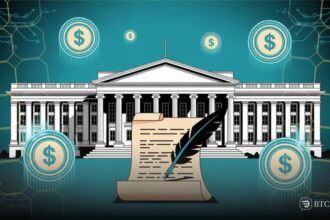After suffering a major data leak and breaching UK rules, the world’s leading cryptocurrency exchange, Coinbase, is facing challenges from regulators. As a result, investors have sued, and people globally are concerned about how crypto is managed and overseen.
Cyberattack compromises user data.
Coinbase confirmed in May 2025 that hackers entered the system by offering money to customer support agents. As a result, people’s private account data was accessed without their permission. While Shell says the effect was small, it estimates the cost could amount to $400 million. News of the disclosure caused investors to become nervous. On May 15, Coinbase shares fell 7.2% and closed at $244.
Because of the incident, it became clear that Coinbase’s internal systems were not keeping customer data safe in a regulated marketplace.
UK watchdog imposes first crypto fine.
Coinbase faced stronger regulatory problems when the UK’s Financial Conduct Authority (FCA) fined its subsidiary, CB Payments Limited, $4.5 million. According to the FCA, CBPL broke the voluntary agreement by onboarding 13,416 high-risk customers who handled over $226 million in transactions. The fine shows that the FCA is now issuing electronic money enforcement actions against crypto firms.

The decision may signal a broader crackdown on cryptocurrency platforms that ignore compliance agreements and customer risk profiles.
Investors demand accountability
Brady Nessler, an investor, says in the class-action lawsuit in Pennsylvania that Coinbase was slow to reveal the details of the data breach and UK rule violations. The lawsuit includes clients who bought Coinbase shares between Apr. 14, 2021, and May 14, 2025. It requests compensation for shareholders’ losses caused by the company’s refusal to be transparent.
Currently, Coinbase is experiencing financial issues, issues with its reputation, and greater regulation. As a result, cybersecurity, transparent information sharing, and strong regulation are critical in the crypto field. If global regulators keep watching, other companies could soon experience the same consequences as JPMorgan.







